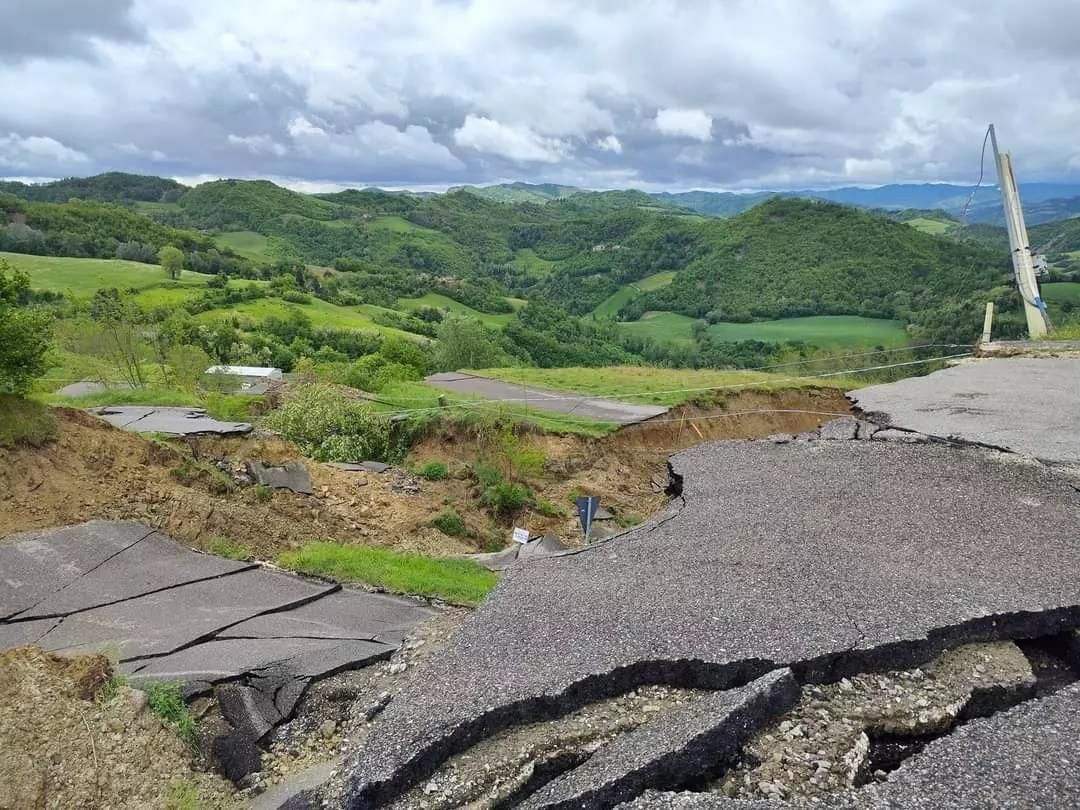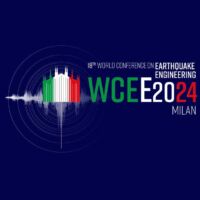Civil Engineering Mitigation of Risk from Natural Hazards
Understanding risk to design a safer future.
Join our course at University of Pavia
Discover the course:
perspectives for future job | course structure | why a degree in english | why in Pavia
Why this Master?
Environmentally-related risks are critical for human communities, productive activities, infrastructure network as well as the cultural heritage.
In our modern societies, civil engineers play a key role in mitigating the risks caused by natural catastrophes or extreme events.
University of Pavia at WCEE 2024
WCEE, the World Conference on Earthquake Engineering, in Milan from 30th June to 5th July 2024
Perspectives for future job and career opportunities
This Course is designed to shape civil engineers with outstanding scientific and professional skills that are fully aware of the multi-faceted aspects of the seismic or hydrogeological risk.
Graduates may find employment in:
- engineering design and consulting offices
- construction companies
- agencies of civil protection
- governmental institutions and regional authorities
- management offices
- international organizations
- insurance and re-insurance companies
- research institutions
Cooperation Agreements
Cooperation agreements of the University of Pavia and the University School of Advanced Studies of Pavia with a number of renowned academic institutions and companies worldwide actively involved in risk mitigation from natural disasters are currently operational.
Formal agreements have currently been established with top universities in Europe, USA, Canada, South America, China and New Zealand.
Course structure
The programme is structured in two curricula:

ROSE – Reduction of Seismic Risk
This curriculum offers compulsory and elective courses on several core subjects including:
- seismic hazard assessment and engineering seismology
- dynamics of structures
- geotechnical earthquake engineering
- seismic design of bridges
- seismic analysis and design of reinforced concrete
- masonry and steel constructions

HYRIS – Hydrogeological Risk Assessment and Mitigation
Compulsory and elective courses are offered on a number of core subjects including:
- hydrology
- fluvial hydraulics and hydromorphology
- hydraulic infrastructures
- snow avalanches and landslide hazards
- risk and emergency legislation
- earth surface and processes
Choose your curriculum
Why a degree in English?
Why in Pavia? Why two Universities?
The course in Civil Engineering for Mitigation of Risk from Natural Hazards is jointly offered (Joint Degree) by the University of Pavia and the School of Advanced Studies of Pavia (IUSS).
The concept of the degree stems from the 18-year long experience of IUSS and the University of Pavia in creating high level, graduate courses entirely taught in English in the field of Earthquake Engineering and Seismology (ROSE school), and later in Understanding and Managing Extremes (UME school).
The academic staff at the University of Pavia and IUSS have an established, internationally recognized tradition of research and teaching in the field of seismic engineering and more in general in the study of risks generated by natural hazards.

